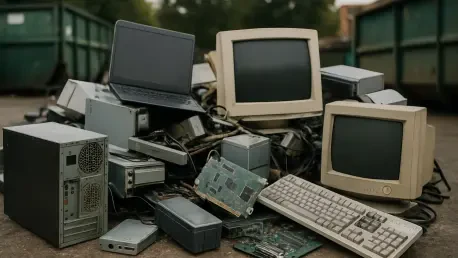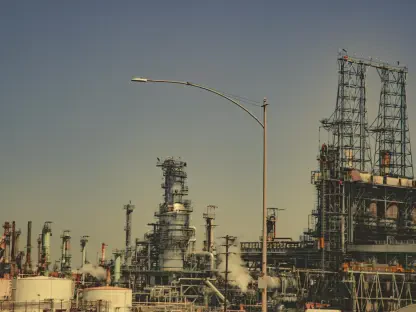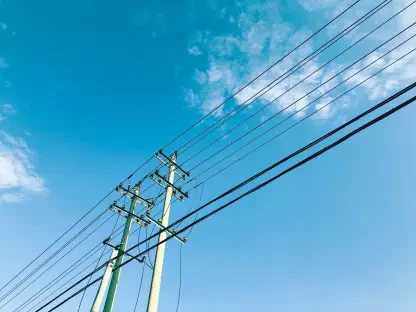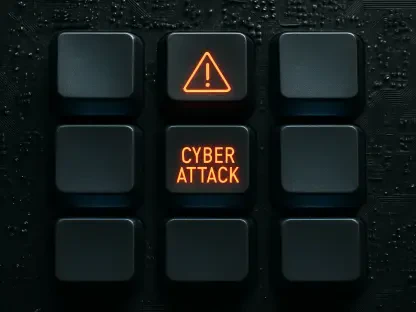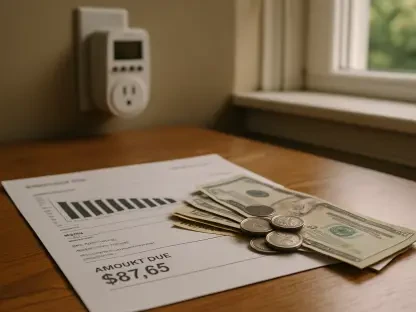In a bustling city like Auckland, where technology evolves at a rapid pace, the challenge of managing electronic waste, or e-waste, has become a pressing concern that demands immediate attention from every resident. With countless devices reaching the end of their lifecycle, especially as major software support like Windows 10 has recently concluded, a surge of obsolete electronics is flooding households and businesses. Improper disposal of these items poses significant risks not only to the environment but also to public safety. The urgency to recycle responsibly is underscored by alarming incidents of fires in waste collection trucks and the broader goal of preserving scarce resources. As Auckland strives toward a zero-waste future, understanding the stakes involved in e-waste management is crucial. This issue touches on safety, sustainability, and community responsibility, making it a pivotal topic for every citizen to engage with and act upon before the consequences become even more severe.
Rising Safety Hazards from Improper Disposal
The dangers associated with mishandling e-waste in Auckland cannot be overstated, particularly when electronics and batteries are carelessly tossed into regular trash or recycling bins. Such actions have led to a disturbing number of fires in waste collection trucks, with several incidents reported in just the first few months of a recent year. These fires, often sparked by lithium-ion batteries, endanger workers, damage expensive equipment, and pose a threat to public safety. The risk tends to spike during warmer months and holiday periods when device upgrades are common, leading to a higher volume of discarded electronics. Auckland Council has been actively monitoring these incidents and is conducting tests to better understand ignition causes and effective fire suppression methods. This research aims to mitigate risks, but the responsibility also lies with residents to ensure that hazardous materials are diverted from standard waste streams to prevent catastrophic outcomes in their communities.
Beyond the immediate threat of fires, improper e-waste disposal creates ripple effects that impact the broader waste management system in Auckland. When electronics are mixed with general trash, they can damage processing equipment at sorting facilities, leading to costly repairs and operational delays. Moreover, the potential for toxic substances to leak from damaged devices adds another layer of danger, as these chemicals can contaminate soil and water sources if not handled correctly. The urgency to address this issue is heightened by the sheer volume of electronics entering the waste stream, especially as older devices become obsolete. Educating the public about the hazards of incorrect disposal is a key step in reducing these incidents. By highlighting the tangible consequences of negligence, authorities hope to foster a culture of caution and responsibility among Aucklanders, ensuring that safety remains a top priority in the city’s waste management strategy.
Environmental and Economic Benefits of Recycling
Responsible e-waste recycling in Auckland offers a vital opportunity to conserve precious resources and support a sustainable future for the region. Electronics contain critical raw materials, such as rare earth elements, which are non-renewable and in high demand for manufacturing new devices. By recycling old gadgets at designated facilities, these materials can be recovered and reused, reducing the need to extract virgin resources and minimizing environmental degradation. This aligns with the theme of International E-Waste Day, which emphasizes the importance of a circular economy. Auckland’s ambitious target of achieving zero waste by 2040 hinges on such practices, as recycling helps divert waste from landfills and lowers the city’s ecological footprint. The environmental benefits are clear, but they also come with economic advantages, as reusing materials can reduce production costs for tech industries, ultimately benefiting consumers through more affordable products.
In addition to resource conservation, e-waste recycling in Auckland plays a crucial role in fostering community engagement and supporting local initiatives. Various programs, such as drop-off points at community centers, partnerships with retailers, and specialized collection events, make it easier for residents to dispose of their old devices responsibly. These initiatives not only prevent environmental harm but also create jobs in the recycling and refurbishment sectors, contributing to the local economy. For instance, programs that accept working laptops for reuse help bridge the digital divide by providing technology to those in need, while ensuring that non-functional items are processed correctly. Public awareness campaigns further amplify these efforts by educating citizens on the importance of recycling and the specific steps they can take. By participating in these programs, Aucklanders contribute to a collective movement that prioritizes sustainability, demonstrating how individual actions can lead to significant environmental and economic gains for the entire city.
Building a Sustainable Future through Action
Reflecting on the strides made in Auckland, it’s evident that significant efforts have been directed toward tackling e-waste challenges through innovative research and community-driven solutions. The focus on understanding fire risks in waste trucks and implementing safer disposal methods marked a proactive stance against safety hazards that plagued collection processes in the past. Partnerships with local organizations and retailers provided accessible recycling options, ensuring that residents had practical avenues to dispose of their old electronics responsibly. These initiatives, combined with public education campaigns, laid a strong foundation for reducing environmental harm and conserving valuable resources. Looking ahead, the next steps involve expanding these programs to reach more households and businesses, while continuing to refine safety protocols based on ongoing studies. Encouraging every citizen to take part in designated recycling efforts remains essential, as collective action will pave the way for a safer, more sustainable Auckland in the years to come.
